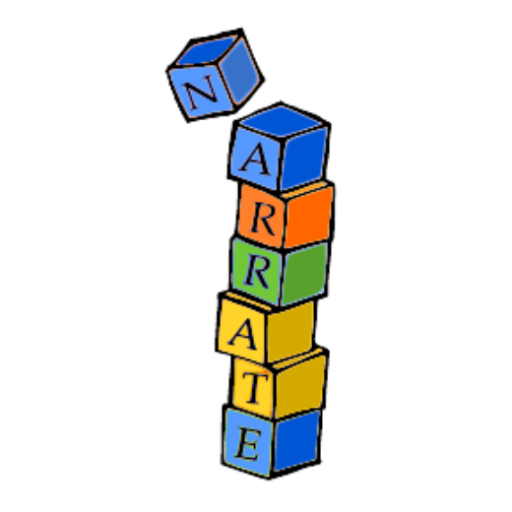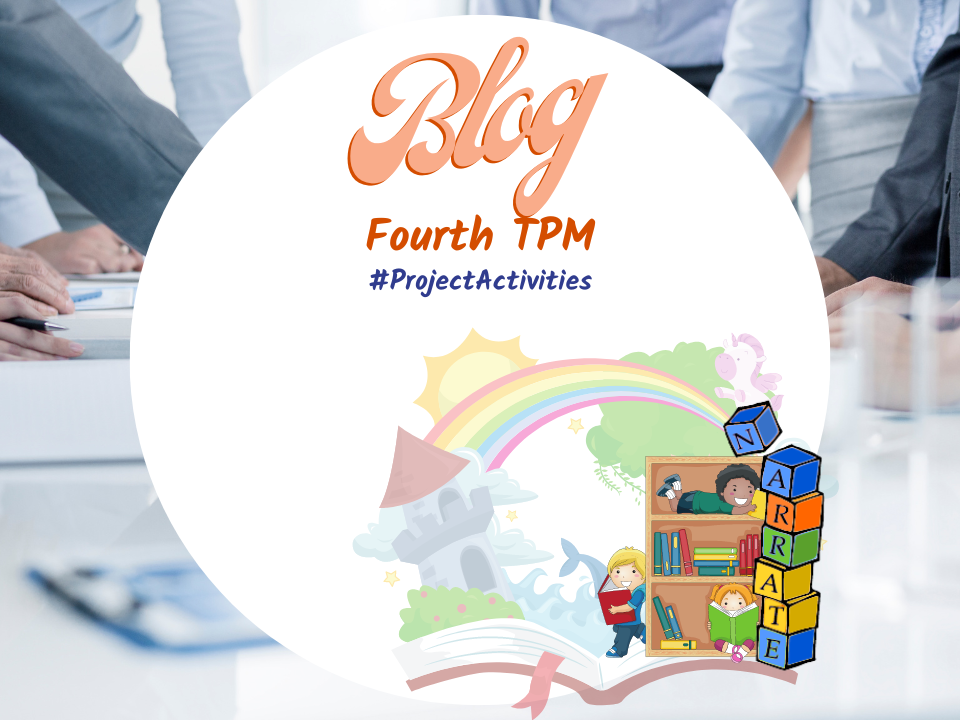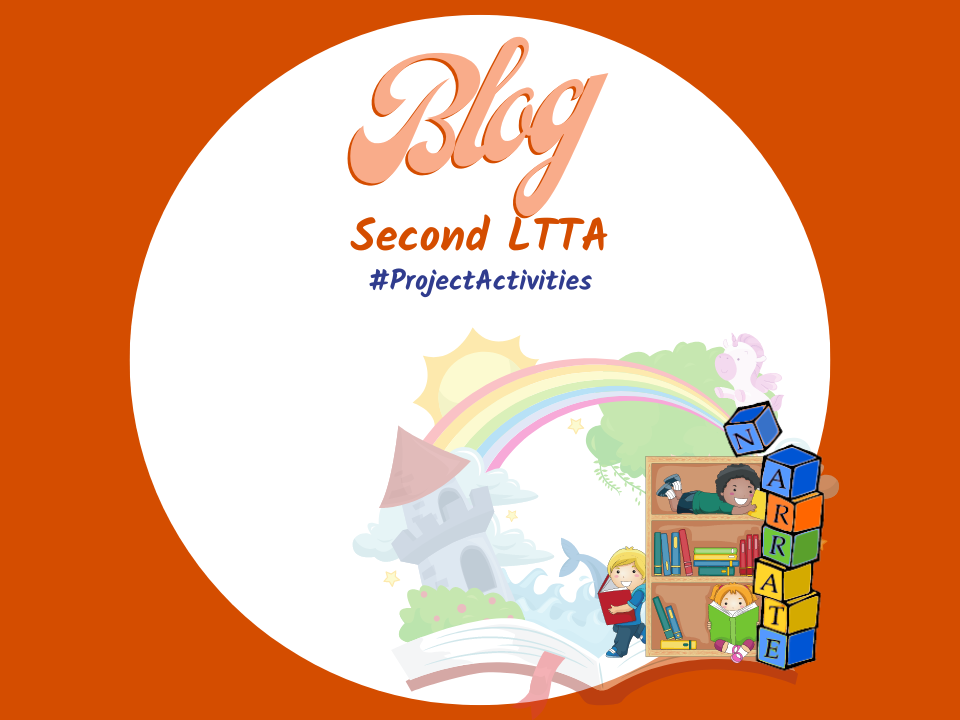Why Narrate?
In accordance with the scientific researches on the field (started by the pioneering work of J.Bruner), we consider the narrative approach in early education very important for promoting life skills, a resilience attitude and significant exploration of all the knowledge areas and every kind of social relations. The narrative approach starts from the assumption that each knowledge and skill can be easily learned if it is treated inside stories, both in written, oral or figurative ways. Despite this importance, the narrative approach in early education usually is limited to specific activities, supported by few and not very innovative methodologies, inside school-settings which are not arranged (from both a structural and organizational point of view), taking into account the regular adoption of the narrative approach in education every day. Further, although preschools could take great advantage from a continuous partnership with the local (public) libraries in this field, this almost never happens, since the collaboration between preschool and libraries at most is limited to single episodic experiences and/or the loan of books. The narrative approach is so important for improving the quality of early education that it is worth emphasizing the narrative approach till the adoption of a real narrative curriculum. Specific tools for planning and evaluation and the close involvement of new stakeholders (libraries) must support the adoption of the narrative approach
- Narrate is a three-year project funded by the Erasmus+ Programme
- Narrate started in 2020
- Narrate involves seven partners from four EU countries
- Narrate will develop three Outputs
Within the NARRATE Project three Intellectual Outputs were developed:
OUTPUT 1
HANDBOOK on the Narrative Approach implementation in Early Education
OUTPUT 2
EVALUATION TOOLBOX: Self-Assessment, Monitoring, Impact Assessment (SAMIA)
OUTPUT 3



